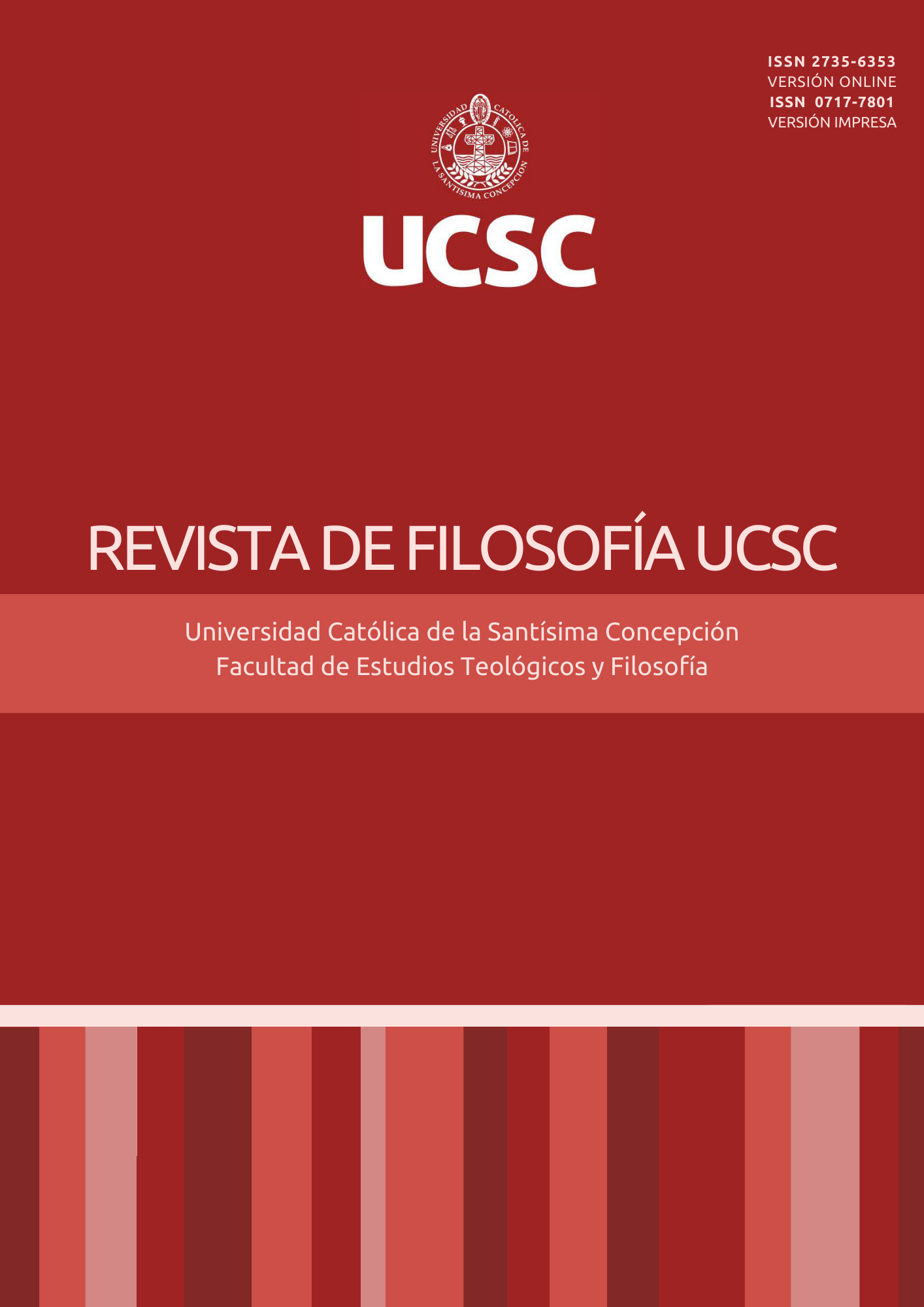Individuo en suspenso: el primer plano como desterritorialización en Gilles Deleuze
Contenido principal del artículo
Resumen
Este trabajo se propone analizar la suspensión del proceso de individuación que se produce la imagen-afección o primer plano dentro de la imagen cinematográfica. Sin ir más lejos, se sostiene como hipótesis principal que el individuo, para poder expresar el afecto puro en el primer plano, necesariamente debe desterritorializarse. Es decir que necesariamente debe tener lugar un vaciamiento de la individuación para que la pura potencialidad o virtualidad sea expresada en el rostro intensivo de la imagen-afección. En suma, se sostiene aquí que la imagen-afección desterritorializa al individuo para expresar aquello que subsiste virtualmente en él. El primer plano demanda del individuo la pérdida de su individualidad significante para así devenir una figura intensa expresante de afectos. Habría en el primer plano una captura de intensidades afectantes que desvinculan al individuo de su función significante, y lo arrojarían a una des-organización desterritorializada que denuncia un afuera de la imagen-movimiento.
Detalles del artículo
Sección

Esta obra está bajo una licencia internacional Creative Commons Atribución-NoComercial 4.0.
La Revista de Filosofía UCSC es de acceso abierto y no cobra por publicar en ella. Además, regula su política de Derechos de Autor y de acceso a sus archivos de acuerdo con la Licencia Pública Attribution-NonCommercial 4.0 International (CC BY-NC 4.0), por tanto, se permite compartir (reproducir y distribuir el material en cualquier medio o formato) y adaptar (modificar, transformar y crear a partir del material) siempre y cuando se de crédito adecuadamente, se incluya la cita con los datos correspondientes. Además, no está permitido utilizar el material con fines lucrativos.
Cómo citar
Referencias
Adrian Parr (ed.). (2010). The Deleuze dictionary. Edimburgo: Edimburgh University Press.
Badiou, A. (2018). Deleuze: el clamor del ser. Buenos Aires: Manantial.
Bálasz, B. (2010). Béla Bálasz: early film theorie. Oxford: Bergham Books.
Deleuze, G. (2009). Cine I: Bergson y los signos. Buenos Aires: Cactus.
Deleuze, G. (2011). Cine II: Los signos del movimiento y el tiempo. Buenos Aires: Cactus
Deleuze, G. (2013). Cine I: La imagen-movimiento. Madrid: Paidós.
Deleuze, G. (2013b). Derrames, tom. I. Buenos Aires: Cactus.
Deleuze, G. (2016). Cine II: La imagen-tiempo. Madrid: Paidós.
Deleuze, G. (2016). Crítica y clínica. Barcelona: Anagrama.
Deleuze, G. (2017). Derrames, tom. II. Buenos Aires: Cactus.
Deleuze, G. (2017). Diferencia y repetición. Buenos Aires: Amorrortu.
Deleuze, G. (2018). Cine III: Verdad y tiempo. Potencias de lo falso. Buenos Aires: Cactus.
Deleuze, G. (2021). El poder: curso sobre Foucault, tom. II. Buenos Aires: Cactus.
Deleuze, G.; Guattari, F. (1990). Kafka: por una literatura menor. Méjico: Ediciones Era.
Deleuze, G.; Guattari, F. (2019). ¿Qué es la filosofía? Barcelona: Anagrama.
Deleuze, G; Guattari, F. (2002). Mil Mesetas. Valencia: Pre-Textos.
Duhem, L. (2013). Entrer dans le moule. Poïétique et individuation chez Simondon. La Part de l’œil, 26, pp. 227-257.
Guattari, F. (2015). Caosmosis. Buenos Aires: Manantial.
Sauvagnargues, A. (2006). Deleuze: del animal al arte. Buenos Aires: Amorrortu.
Simondon, G. (2014). Imaginación e invención. Buenos Aires: Cactus.
Simondon, G. (2019). La individuación a la luz de las nociones de forma y de información. Buenos Aires: Cactus.
Zourabichvili, F. (2011). Deleuze: una filosofía del acontecimiento. Buenos Aires: Amorrortu.




